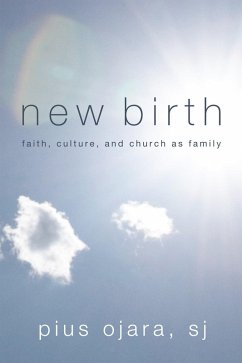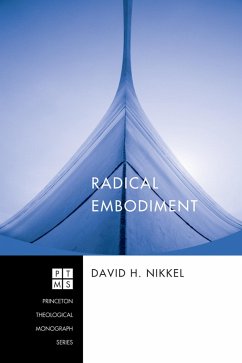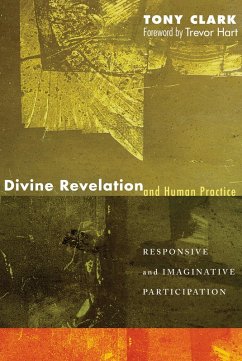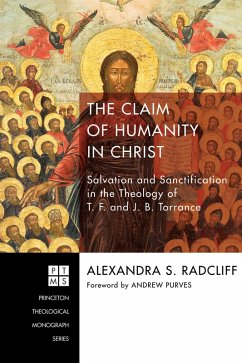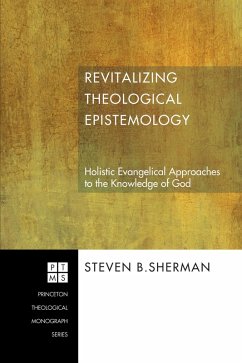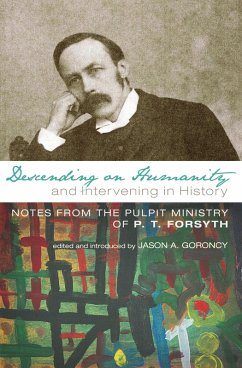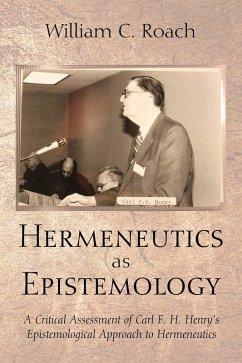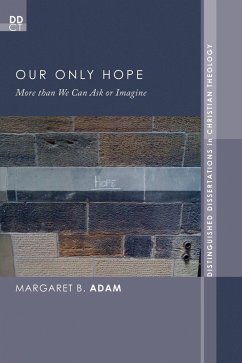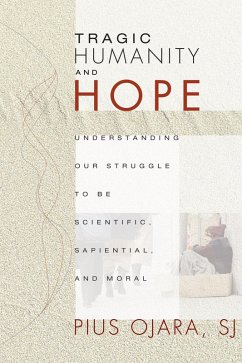
Tragic Humanity and Hope (eBook, ePUB)
Understanding Our Struggle to be Scientific, Sapiential, and Moral
Versandkostenfrei!
Sofort per Download lieferbar
18,95 €
inkl. MwSt.
Weitere Ausgaben:

PAYBACK Punkte
9 °P sammeln!
With insights into the thought of Gabriel Marcel, Tragic Humanity and Hope recognizes that in our age scientific knowing is becoming a dominant form of knowledge. The leadership, influence, growth, and gravitational center of human existence depend, it seems, on scientific knowledge. As a result, we live in an information age that prizes production and immediate satisfaction but devalues the cultivation of wisdom. We risk diminishing the significance of sapiential knowing to deal with the immensely complex and intricate domains of human relationality. Furthermore, inquiry into moral discernmen...
With insights into the thought of Gabriel Marcel, Tragic Humanity and Hope recognizes that in our age scientific knowing is becoming a dominant form of knowledge. The leadership, influence, growth, and gravitational center of human existence depend, it seems, on scientific knowledge. As a result, we live in an information age that prizes production and immediate satisfaction but devalues the cultivation of wisdom. We risk diminishing the significance of sapiential knowing to deal with the immensely complex and intricate domains of human relationality. Furthermore, inquiry into moral discernment methods expands, becoming more diverse; yet, scholarly conversations that engage the vital exigencies as founding moral sensibility seem noticeably insufficient. Tragic Humanity and Hope strives to overcome this lack. But Ojara also seeks ethical groundings that exceed the language of pragmatic utility and aesthetic preference. Foundations of morality cannot exclude questions of the common good and shared moral obligations that free people to reach out to one another with hopes and memories that endow life with shared meaning. Through continuity and cohesion that the interlacing of scientific, sapiential, and moral knowing bring, life becomes a marvelous expression of light, joy, and fervor.
Dieser Download kann aus rechtlichen Gründen nur mit Rechnungsadresse in A, D ausgeliefert werden.




